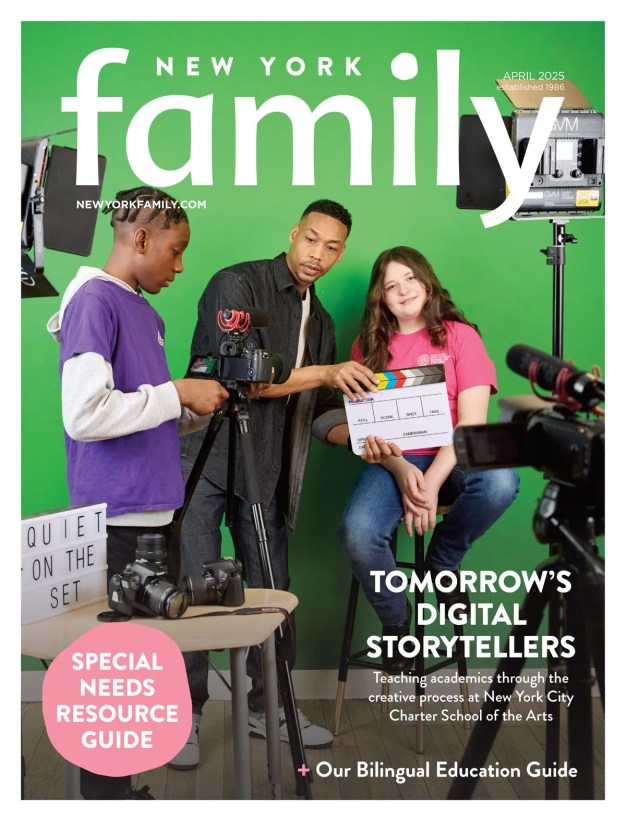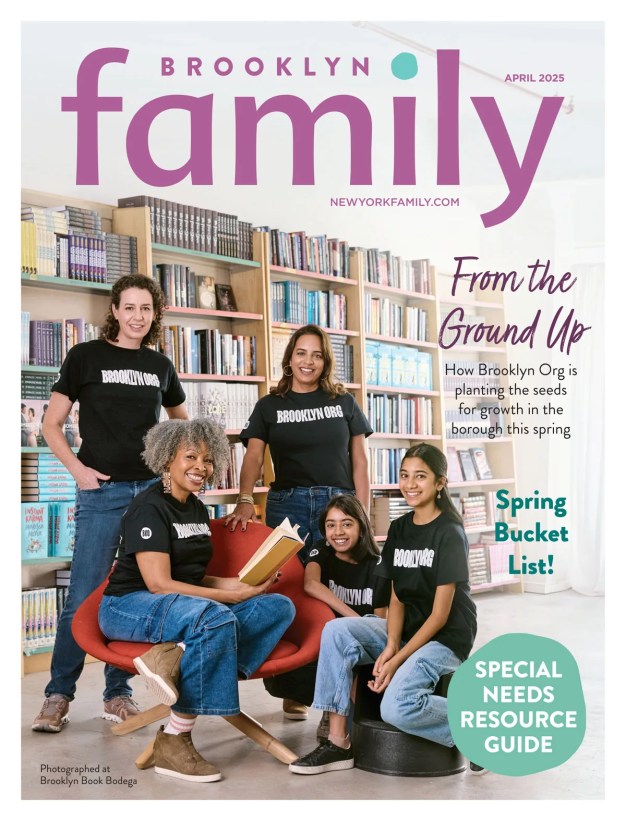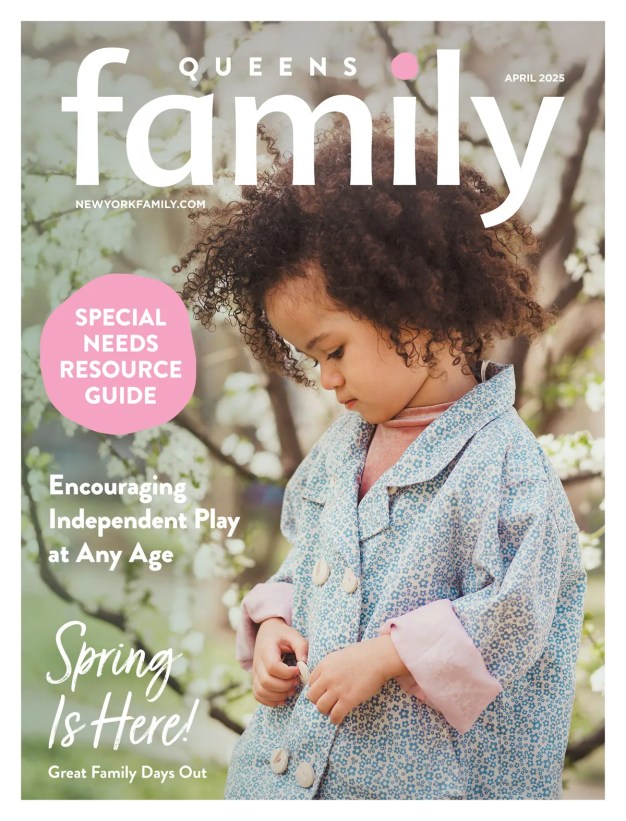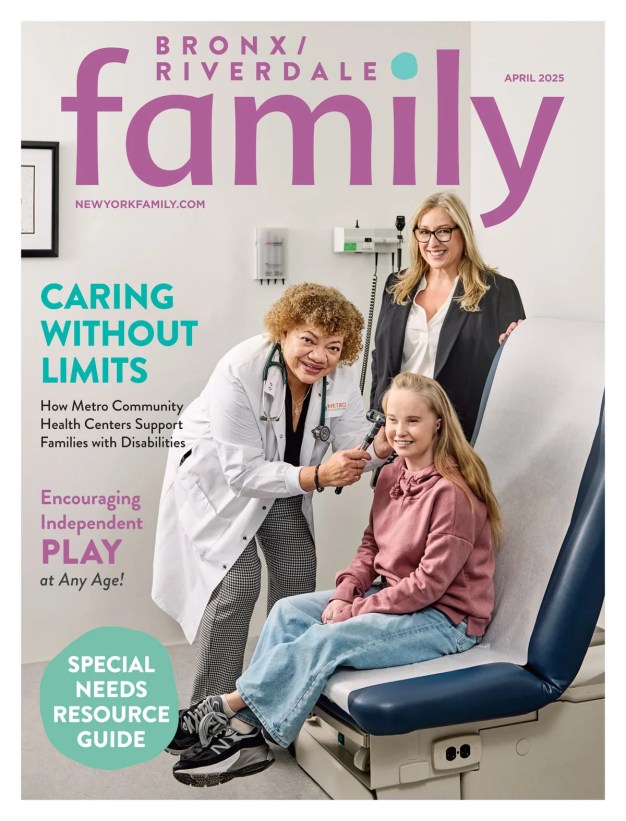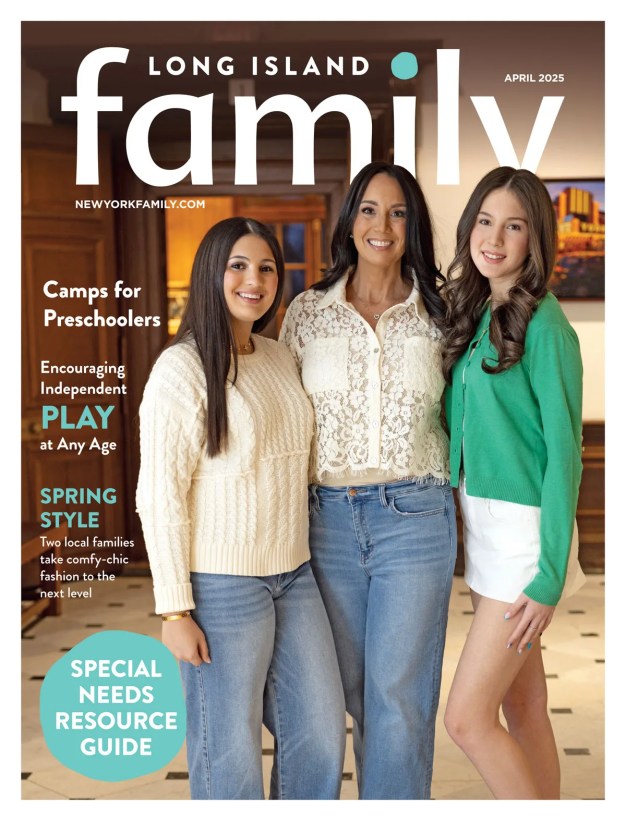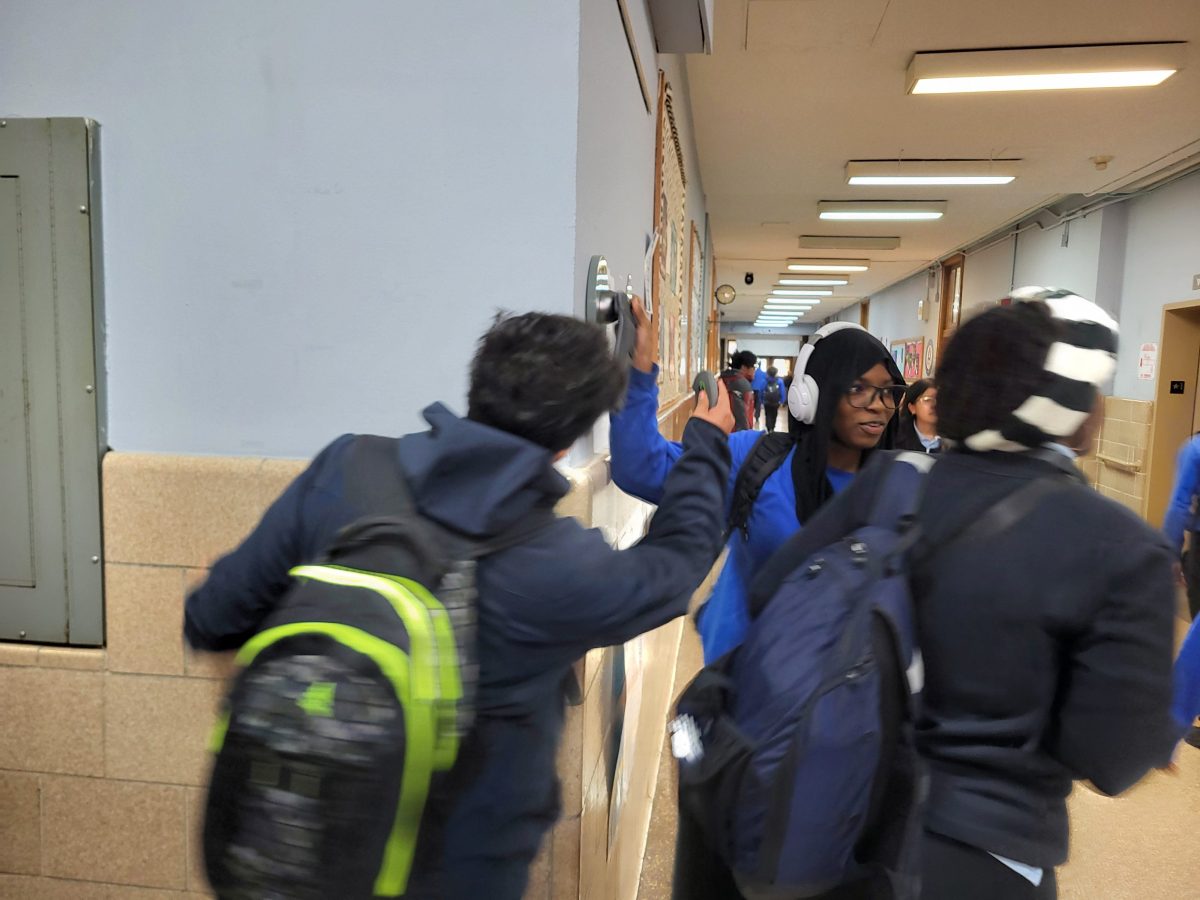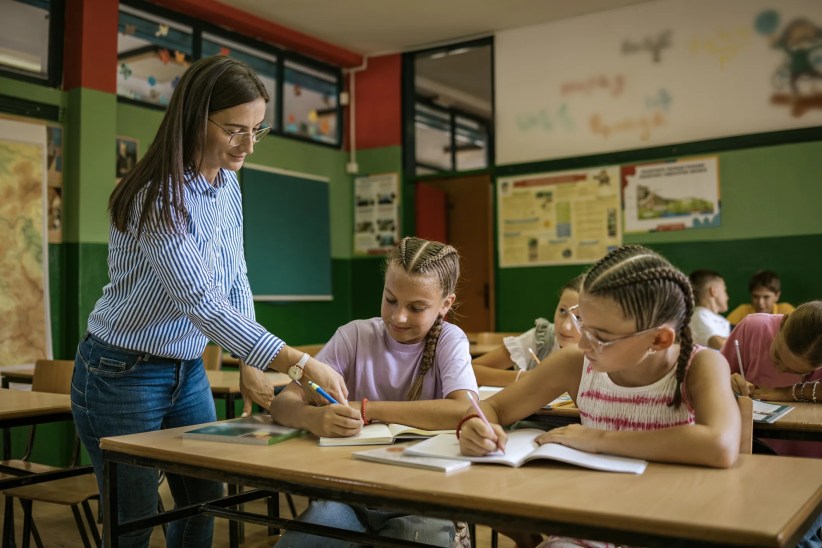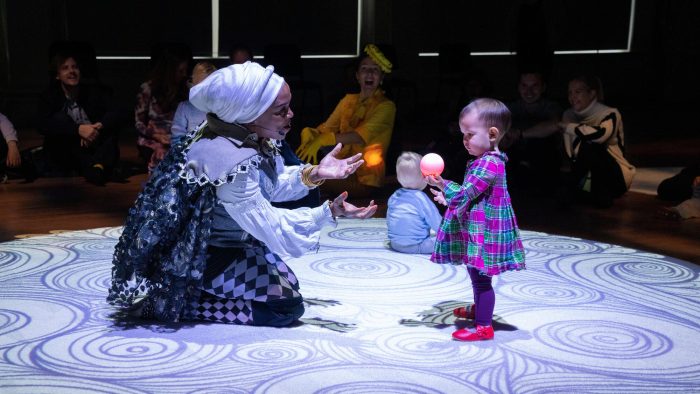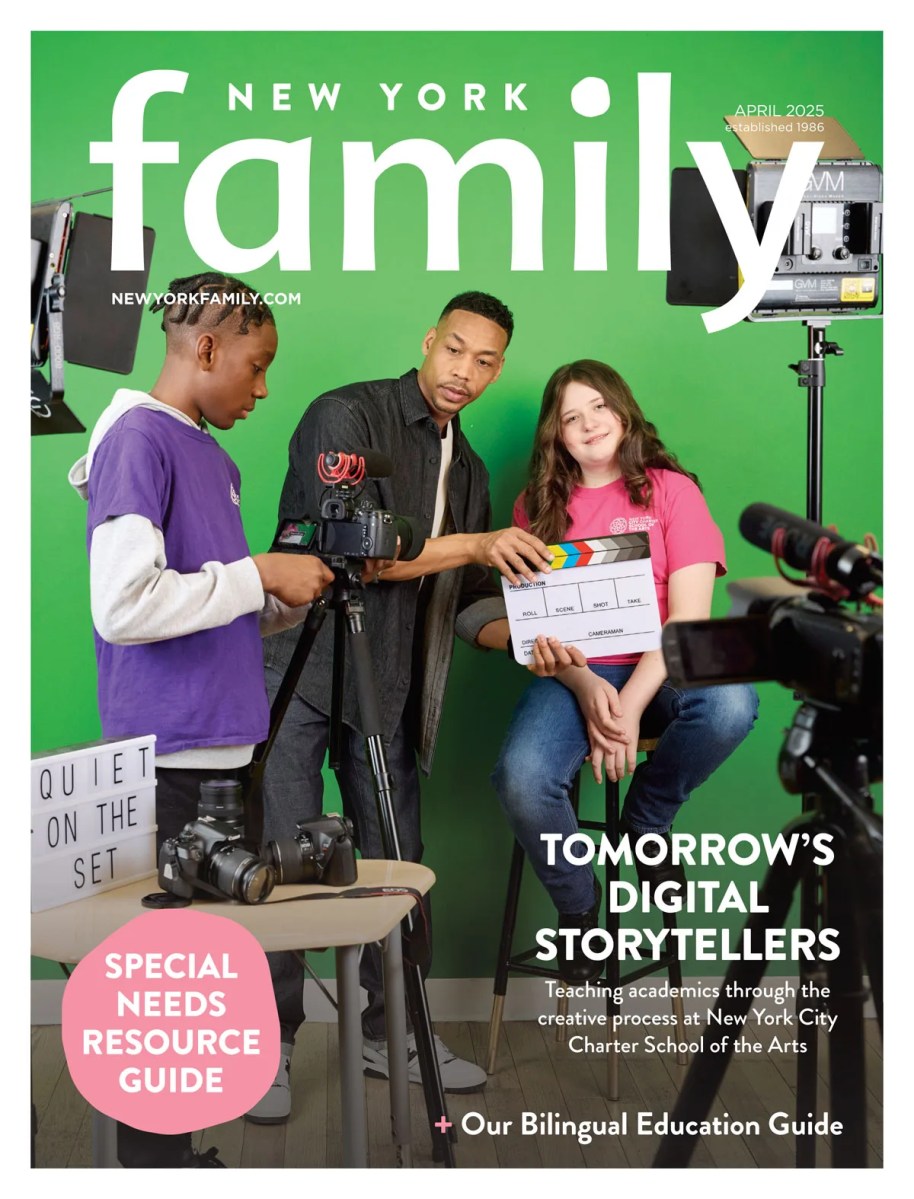Research has shown that families who are actively involved in their children’s education can help boost learning and positive child development. As the new school year approaches, Learning Leaders, New York City’s most experienced non-profit dedicated to engaging families and communities to promote student success, calls on parents to get involved where they can and reveals its top tips on how to do so.
Build relationships. Introduce yourself to your children’s new teachers if you have not already done so and let them know you are available if ever they need to discuss an issue with you. Also arrange to meet the school’s parent coordinator so you know who to contact about future events or changes in school policy.
Attend orientations. Attend any back to school events or orientations, particularly if you are new to the city or even the country. These will help you to learn about school policies and what is expected of your children — academically and behavior wise — as well as enable you to meet the staff.
Go back to the classroom. Ask about family information workshops, which can help parents navigate the school system and applications progress, support literacy and math skills, and understand child development. Some schools offer these already — free of charge and often in more than one language — or may be able to introduce them to meet demand. Alternatively, the city’s Department of Education website, Schools.nyc.gov/ParentsFamilies, is a user-friendly source of information for parents and families.
Volunteer. Find out whether the school has a volunteer tutor program you can join. Teachers and students will be grateful to have you, and even if you are not working with your child’s class, you will learn valuable techniques to support his learning at home. This is also one of the best ways to become a part of the school community.
Stay connected. Try to attend Parent Teacher Association meetings throughout the year to keep up with what is going on in your children’s school. Let your parent coordinator know you are interested to receive updates and help out with that bake sale or trip to the zoo if needed.
Keep a calendar. Set up a family calendar at home and make a note of all school events, meetings, and workshops, so you don’t miss anything. Free apps for smartphones and tablets, such as Cozi.com, can help.
Support learning at home. This does not end once the homework is finished. Think of ways to stimulate your young learners in everyday life, whether by holding a storytelling competition or having a baking day to learn about measures and fractions. Many online resources are available to help parents; two good places to start are Schoolfamily.com and PTA.org/programs.
Get help with the language. Parents who don’t speak English as a first language can still learn about their children’s schools. Use websites that provide materials about the United States school system and the Common Core Standards in several major languages; two are the K12.wa.us/CISL Family Engagement page and the Families section of the Common Core Library page at Schools.nyc.gov/Academics. City schools can ask to have materials translated, so find out if this is possible and search online for bilingual learning activities, such as Colorincolorado.org for Spanish speakers.
Jane Heaphy, executive director of Learning Leaders, says, “Our children are far more likely to succeed if families actively partner with schools to support their education. There are many ways for parents to get more involved and the new school year is the perfect opportunity for them to do so in whichever ways they are able, whether it be attending a couple of meetings a year, or volunteering once a week.”
Learning Leaders is New York City’s largest and most experienced non-profit organization dedicated to engaging families and communities to support student success. It offers family education workshops and resources in English and Spanish and recruits and trains volunteers to work in city Public Schools. For more, visit www.learningleaders.org or join Learning Leaders on Twitter or Facebook.
